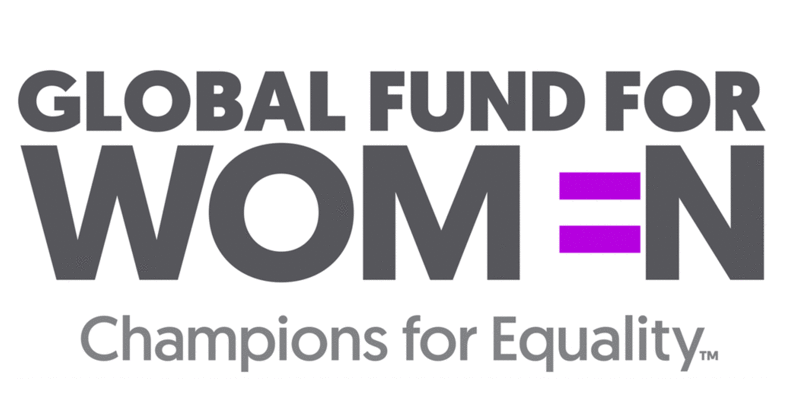
The Inaccessibility of Sexual Health Care for Disabled Women in Canada
In Canada, standard health protocol recommends that women receive a Pap test every few years in order to detect cervical cancer as early as possible. However, health practitioners at ACCESS, a clinic in Vancouver which provides sexual health services exclusively for disabled women, have identified a significant deficit in the accessibility of such services for the demographic they serve.
This inaccessibility is derived in part from a widespread lack of appropriate equipment. Many offices do not possess an accessible exam bed with a lift, preventing gynecological screening for disabled women. Additionally, many doctors, in providing care to these women, draw upon the misguided assumption that individuals with disabilities are not sexually active and thus neglect to ask their patients for a comprehensive history of their sexual health.
Because this discourse does not occur, or is not prioritized due to more immediate health issues directly relating to the disability, cervical cancer is rarely screened for amongst disabled women, and thus persists largely...









